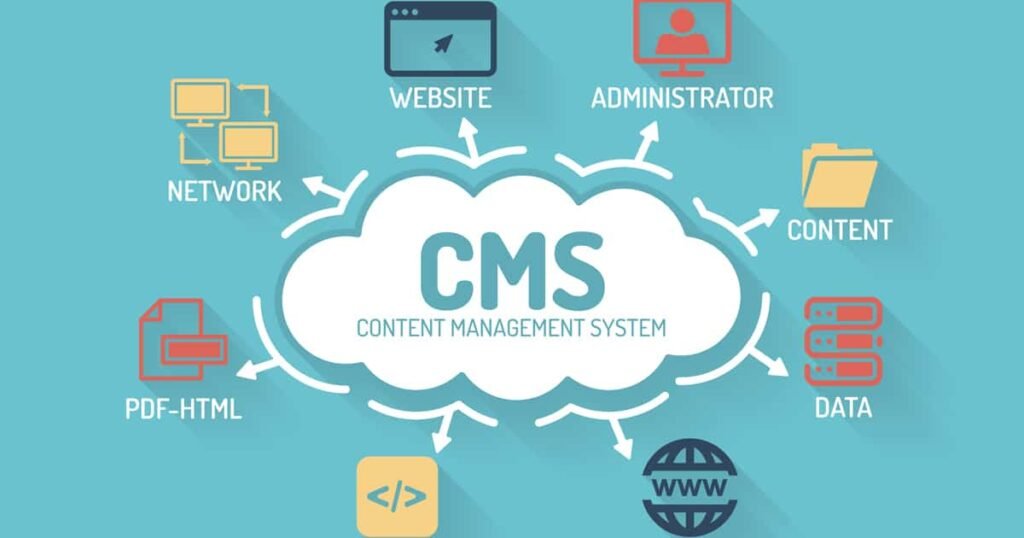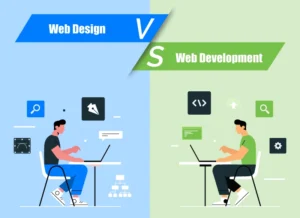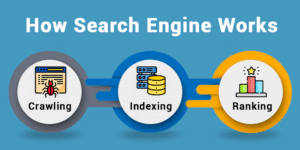🟢 Introduction
Whether you’re running a blog, a business site, or an online store, updating and managing your website shouldn’t be complicated. That’s where a CMS — or Content Management System — comes in.
In this blog, we’ll break down what a CMS is, why it’s essential for modern websites, and the biggest benefits of using one (especially if you’re not a developer).
📚 What Is a CMS?
A CMS (Content Management System) is software that lets you create, edit, and manage digital content — usually for websites — without having to write code.
Think of it as the “backend control panel” of your website. If you’ve ever used WordPress, Wix, Shopify, or Webflow — you’ve already used a CMS!
⚙️ How Does a CMS Work?
A CMS separates content (text, images, videos) from the code that displays it. This makes it possible to:
Create and update pages through a visual editor
Upload images and media
Add blog posts
Manage users and roles
Customize navigation, layout, and SEO settings
And all of this is done through a dashboard, not code.
🎯 Why Should You Use a CMS?
Here are the biggest benefits for businesses and non-tech users:
✅ 1. Easy to Use (No Coding Required)
Anyone can update their website — edit text, add blog posts, or swap images — without needing a developer every time.
✅ 2. Faster Website Management
Add new pages or make updates in minutes instead of hours, allowing your team to work more efficiently.
✅ 3. Multiple User Roles
You can assign roles like editor, admin, or contributor, so your team can collaborate without stepping on each other’s toes.
✅ 4. SEO-Friendly Tools
Most CMS platforms include built-in SEO settings (like meta tags, alt text, clean URLs) — helping your site rank better on Google.
✅ 5. Scalable & Flexible
You can grow your website as your business grows — add eCommerce features, forms, event calendars, or membership systems.
✅ 6. Design & Theme Customization
Modern CMSs let you choose themes or fully customize your design to match your brand, with or without developers.
🔍 Popular CMS Platforms (and When to Use Them)
| CMS | Best For | Examples |
|---|---|---|
| WordPress | Blogs, business sites, portfolios | 40%+ of websites use it — very flexible |
| Shopify | eCommerce websites | Online stores of all sizes |
| Webflow | Custom design + visual control | Creative agencies, startups |
| Wix | Simple, drag-and-drop websites | Personal sites, small businesses |
| Joomla/Drupal | Advanced customization | Larger, enterprise-level websites |
⚠️ When Not to Use a CMS
While CMSs are great for most use cases, they may not be ideal when:
You need a very custom app or software system
You want ultra-lightweight websites with no backend
Security is a concern and you prefer static HTML-only sites
In such cases, custom-coded solutions or static site generators may be better.
🟨 Conclusion: Should You Use a CMS?
Absolutely — yes, if:
You want control over your website content
You don’t want to rely on a developer for every small update
You want to grow your site as your business grows
At Digipeon, we build websites on powerful CMS platforms like WordPress and Shopify, customized to fit your brand and easy for you to manage — even with zero technical experience.







